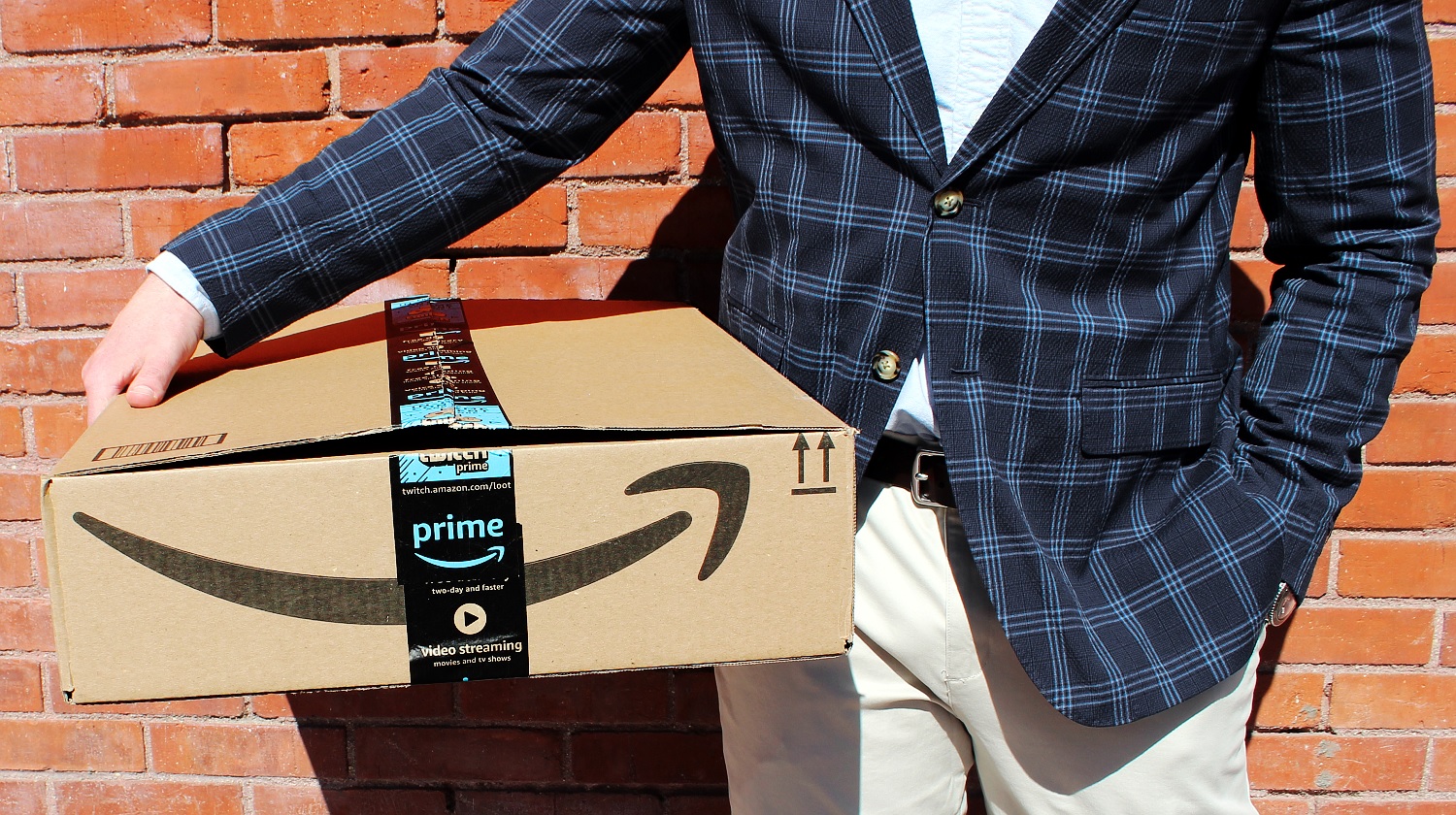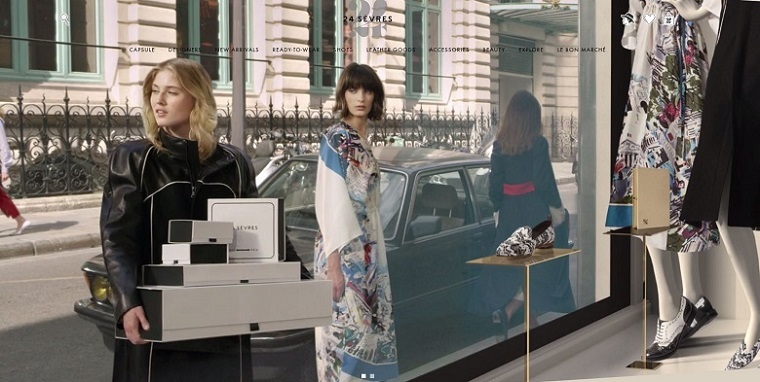
Amazon is building up their brand image when it comes to luxury. However, high-end brands favour full control over their merchandise and delivering a luxury experience online through their own platforms.
Amazon’s Prime subscription has become the online shopping solution for 90 million American households, 70% of which make over $150,000 in yearly income. They all choose to pay $99 per year for two-day delivery, exclusive deals on more than 100 million items from home goods, to electronics and now groceries, delivered straight from Whole Foods, following Amazon’s acquisition of the organic supermarket last summer. Amazon has also shown clear intentions to take over the fashion industry, but faces many challenges as luxury brands do not see eye-to-eye with the e-commerce giant.

Image credit: Amazon. Image: Amazon Prime
Not all luxury players were initially reluctant to try partnering with Amazon. In early 2017, Swatch Group were in talks with Amazon to sell some of their high-end watches on the platform, but the two companies never managed to reach an agreement, according to a Wall Street Journal article. “Swatch, whose brands include Longines, Omega and Blancpain, demanded a commitment that Amazon proactively police its site for counterfeits and unauthorized retailers. Amazon refused, according to Swatch Chief Executive Nick Hayek, putting a deal between the two on ice.”
In fact, Amazon manages to keep its prices low by allowing millions of third-party retailers to sell goods at discount prices on their website. Unfortunately, this also provides a strong platform for counterfeit goods to be sold. According to James Thomson, a former business development manager at Amazon, “Amazon is concerned about counterfeit goods, but it is also reluctant to help brands stop legitimate products from being sold outside approved distribution channels."
Join Luxury Society to have more articles like this delivered directly to your inbox
This issue isn’t getting much better, according to a recent Forbes article. The Fulfilled by Amazon (FBA) program allows third party merchants to send their products in for Amazon to handle all aspects of sale, warehousing, and shipment, thereby ensuring maximum speed. As a result, all products with the same SKUs get mixed in together, regardless of who the individual sellers are. “Products that are “fulfilled by Amazon” may have the ‘Prime’ logo that makes them look like they’re sold by Amazon–but they aren’t."
Although the luxury industry may not see eye to eye with Amazon for the time being, the e-commerce giant is clearly directing high net worth individuals’ online shopping habits and expectations and luxury brands are taking note. Last summer, LVMH launched 24 Sèvres, the online version of Le Bon Marché, otherwise known as Paris’ most selective luxury department store. With the intent to offer an exclusive digital experience that is both personal and technologically advanced, the site has personal shoppers available via video chat and also offers two-day free deliveries. “While 24 Sèvres isn't a direct clone of Amazon, nor is it supposed to be, it shows that LVMH is serious about keeping its products away from Jeff Bezos' platform."

Image credit: 24 Sèvres
Perhaps one of the most common reasons voiced by luxury executives for refraining from selling on Amazon is for image discrepancies. “Somebody who's going to buy an LVMH product would almost prefer to go to an LVMH website unless they're going to be able to get it at such a great discount somewhere else,” says Marshal Cohen, chief industry analyst at research firm NPD. “That doesn't benefit LVMH either, so it makes sense for them to operate on their own,” he adds.
Whether it’s from their sponsorship of the Met Gala, or from their talent acquisition decisions (Caroline Palmer from Vogue was appointed to head editorial and social at Amazon Fashion), Amazon has clearly tried to build up their brand image when it comes to luxury. Luxury brands could benefit from Amazon’s continuously growing customer database and exposure, but they show no interest in the matter, favoring full control over their merchandise and delivering a luxury experience online to their customers.
Cover image credit: Amazon Fashion

